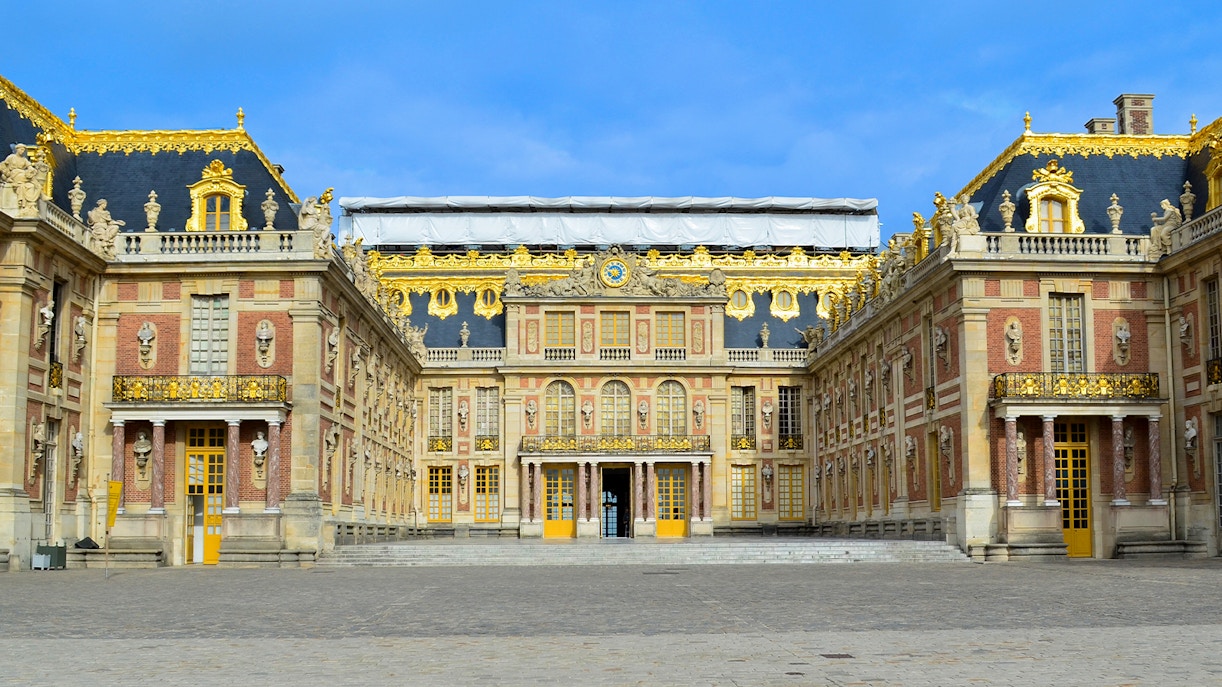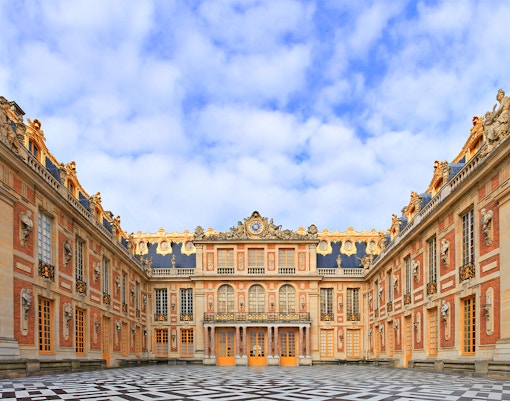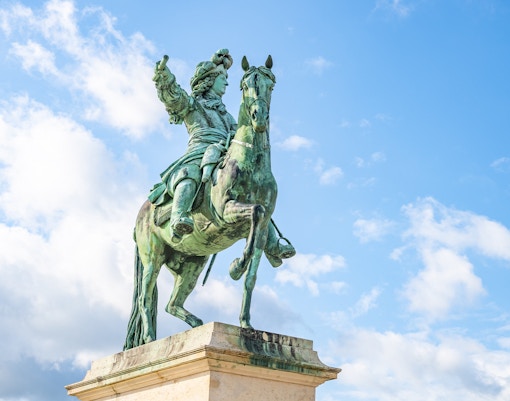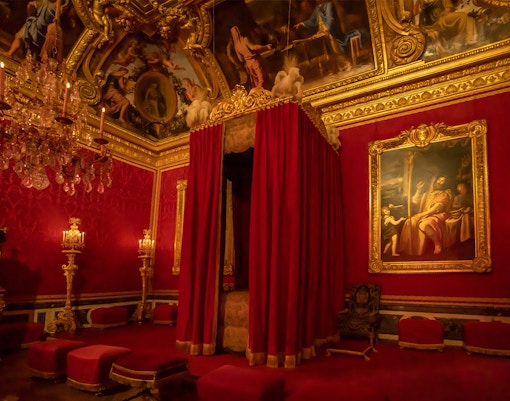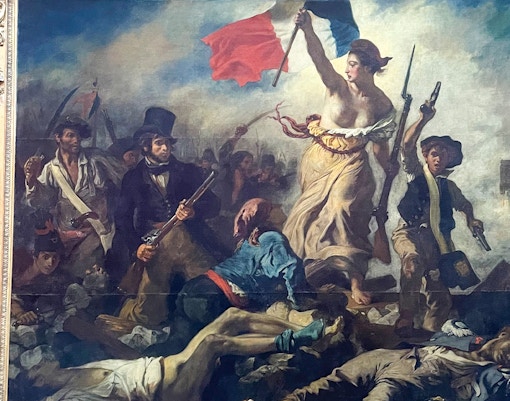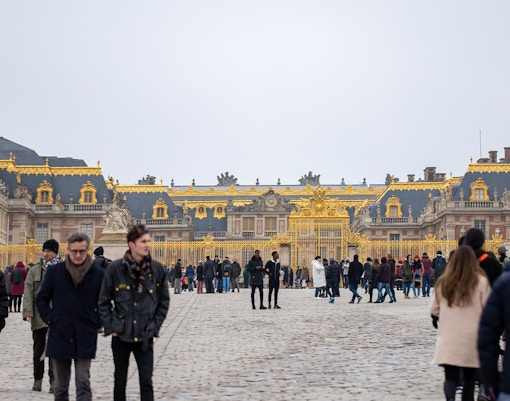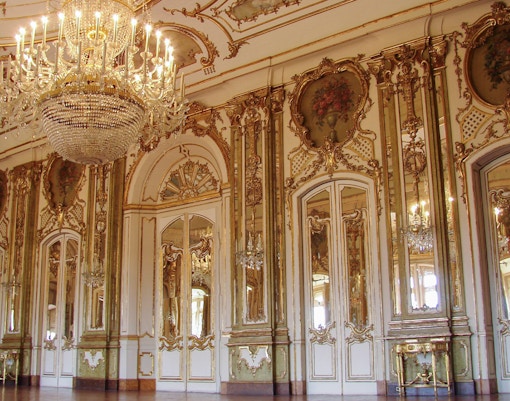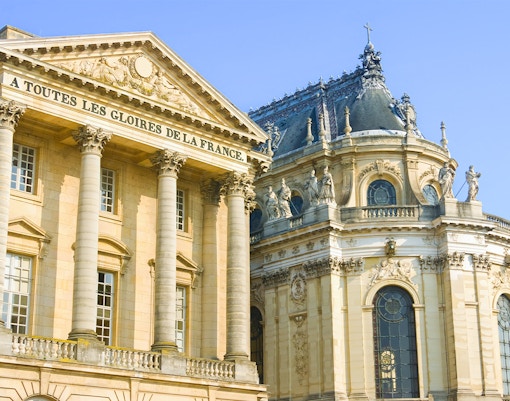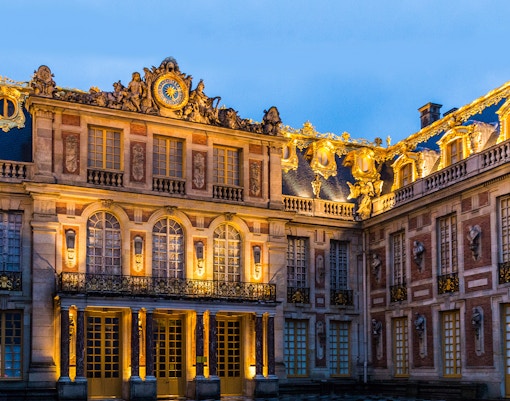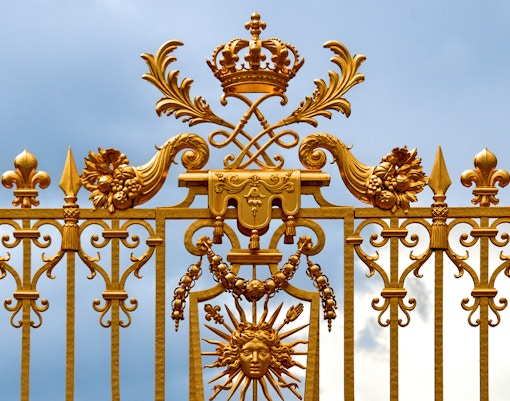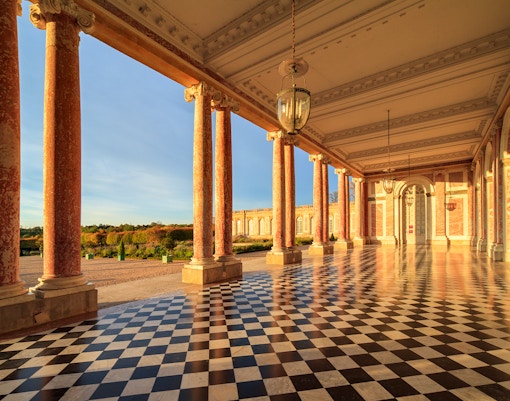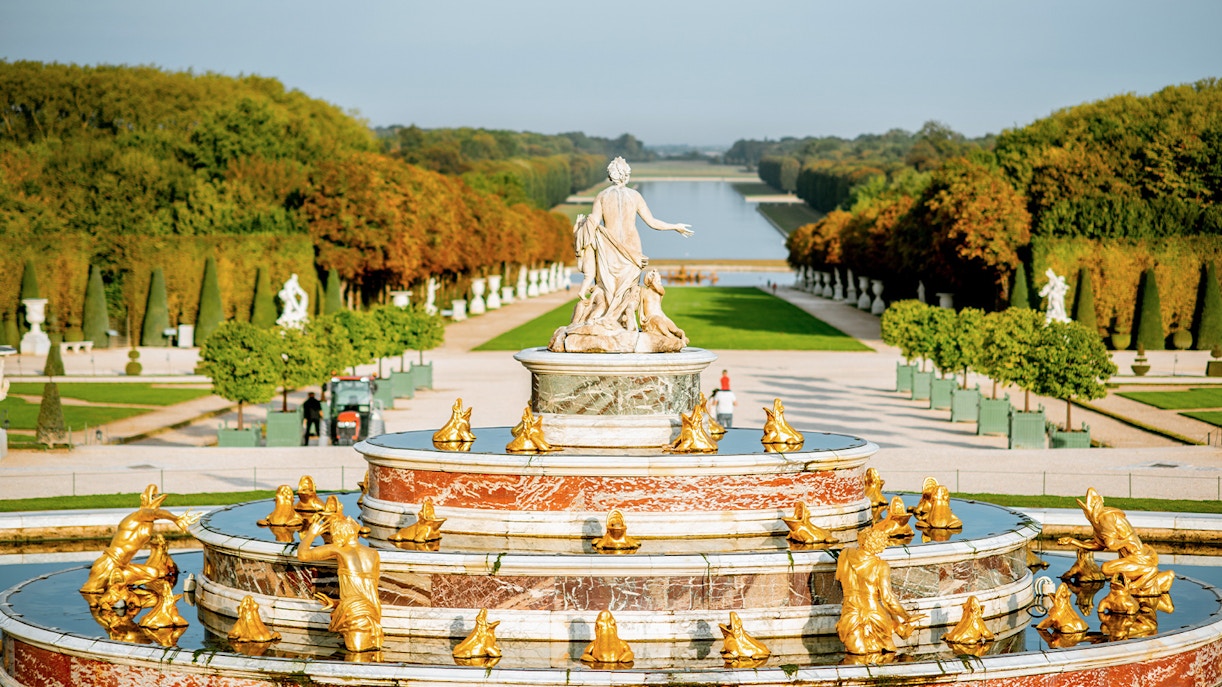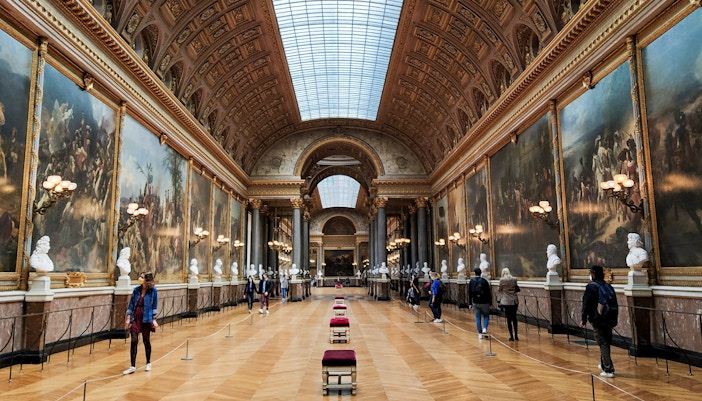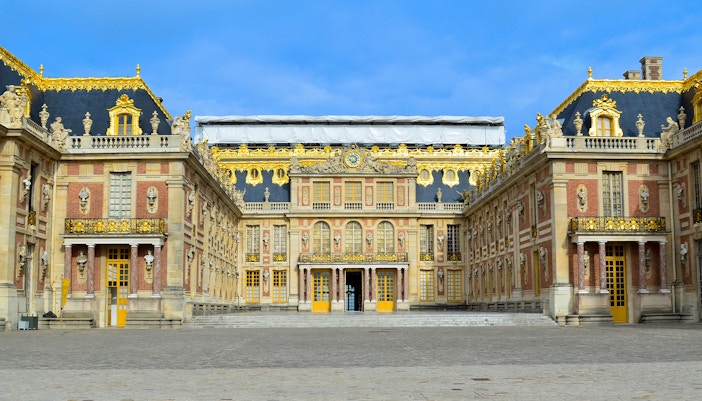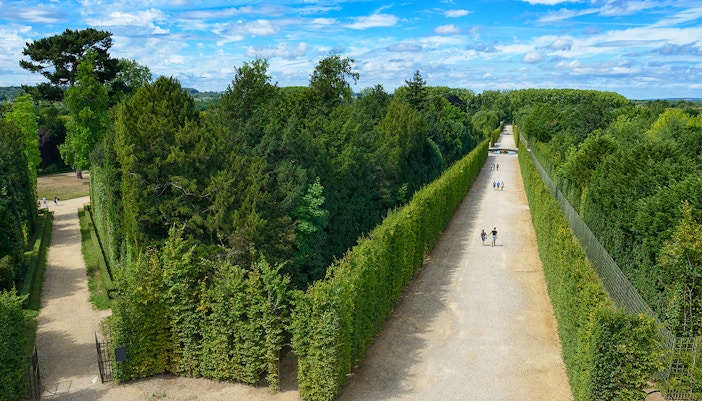1623: Louis XIII starts building Versailles as a hunting lodge.
1661: Louis XIV transforms it into a grand palace with French gardens, to showcase his power.
1682: The King moves his court from Paris to Versailles, establishing it as the center of French political and social life.
1789: Angry mobs storm the palace, forcing the royal family to return to Paris, marking the end of the monarchy's glory.
1837: Versailles turns into a public museum dedicated to the glories of France.
1871: Versailles witnesses the crowning of Wilhelm I as the German Emperor in the Hall of Mirrors, a significant moment in European history.
1919: World War I peace treaty is signed, reshaping post-war Europe and holding Germany accountable for the conflict.
1979: Versailles gains global recognition and is named a UNESCO World Heritage Site.
2003: Extensive restoration work planned in 2003 was actioned in 2011, including the renovation of the Hall of Mirrors, among others.
2023: Versailles is undergoing a major facelift, promising an even grander experience for history buffs and lovers of French luxury.

